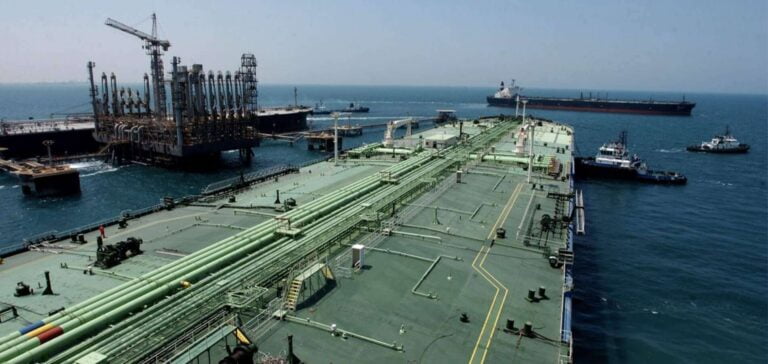In Saudi Arabia, the value of oil exports increases by 123%, in June 2021, to 61.5 billion riyals ($16.4 billion) compared to the previous year, while non-oil exports increase by around 41%, according to official data.
Saudi Arabia records +123% oil exports in June 2021
Saudi Arabia’s oil exports accounted for 72% of world exports in June 2021.
World exports thus increase by almost 92% in June 2021 compared with June 2020, when international trade is held back by confinements and travel disruptions linked to the coronavirus crisis, says the General Statistics Authority.
Oil exports accounted for 72% of total exports in June 2021, compared with 62% in June 2020, it adds.
Saudi Arabia, the world’s largest oil exporter, has been hit hard over the past year as oil prices have collapsed and measures to contain the COVID-19 pandemic have damaged its non-oil economy.
GDP rises in Q2 2021
But the country’s second-quarter gross domestic product rose for the first time since the coronavirus crisis, driven by the easing of restrictions and a recovery in oil prices.
China remained Saudi Arabia’s main trading partner in June, with exports accounting for almost 20% of total exports.
Imports from Turkey continue to be low, following an informal blockade imposed by Saudi Arabia.
In June 2021, they fell to 5.7 million riyals, compared with 21.8 million in May 2021 and 712.4 million riyals in June 2020.





















